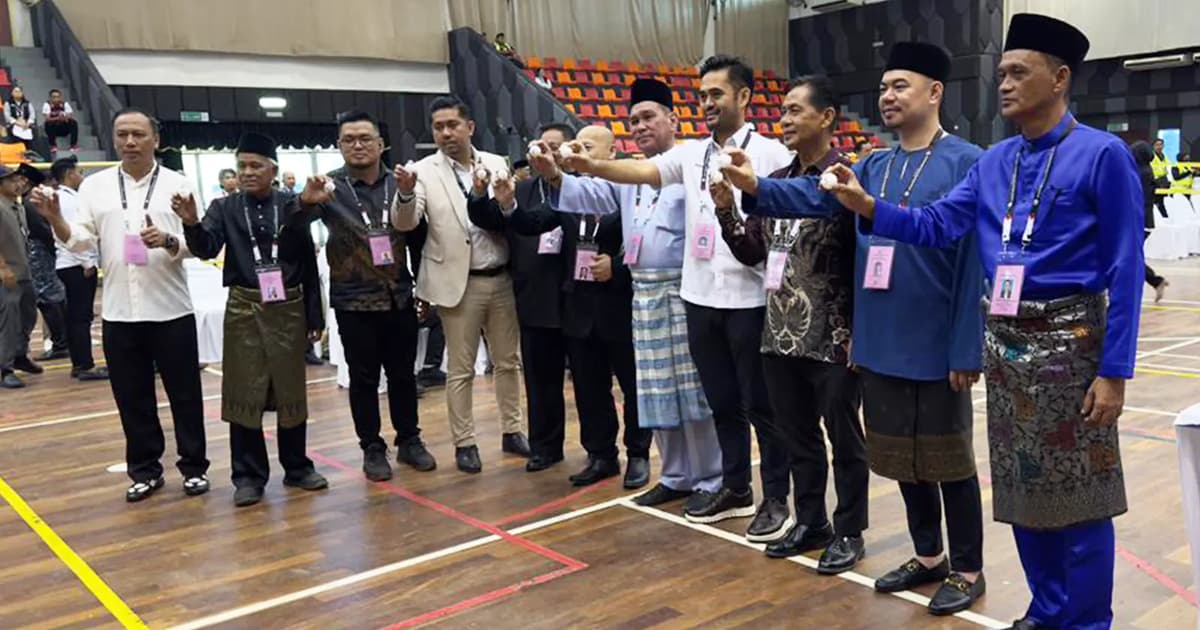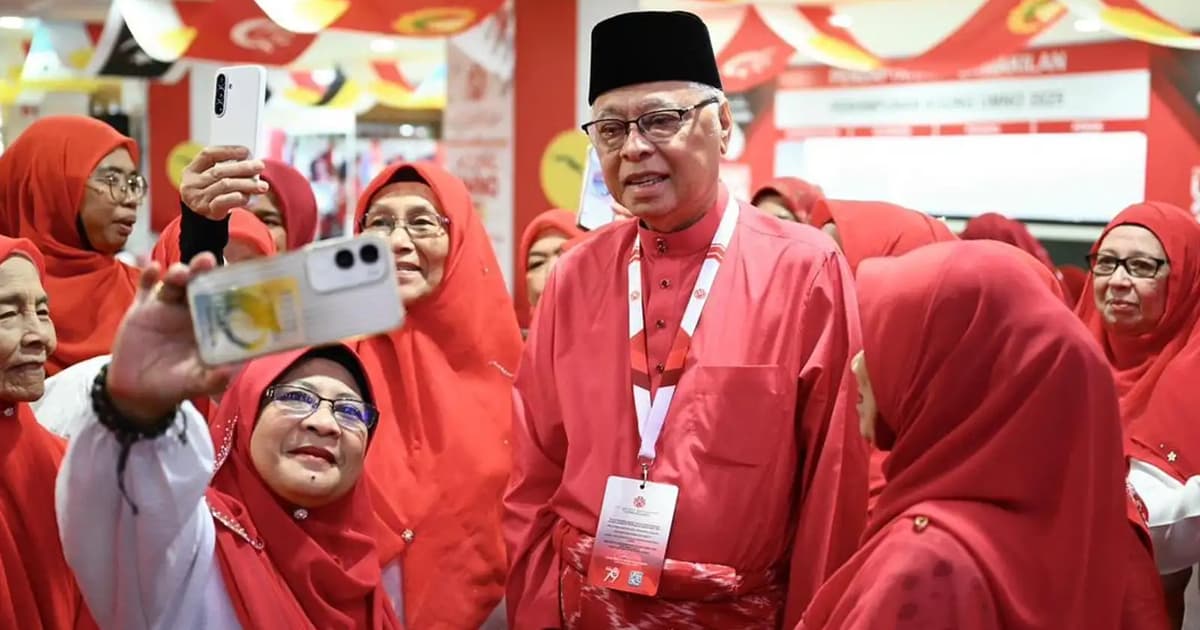GAP Malaysia Urges Reevaluation of Women Empowerment in Sabah Politics
GAP Malaysia, a prominent non-governmental organization, has recently emphasized the need for a thorough reevaluation of initiatives aimed at empowering women in politics, with a specific focus on the state of Sabah.
Background
Sabah, a state in Malaysia known for its rich cultural diversity and unique political landscape, has seen various efforts to increase the participation of women in politics over the years. Despite these initiatives, the representation of women in political leadership roles in Sabah remains relatively low.
GAP Malaysia’s Statement
In a statement released to the press, GAP Malaysia highlighted the importance of reexamining the strategies and programs designed to empower women in politics in Sabah. The organization emphasized the need for a more comprehensive approach that addresses the systemic barriers and challenges faced by women in the political arena.
Challenges Faced by Women in Sabah Politics
Women in Sabah encounter various obstacles when seeking to enter and advance in the political sphere. These challenges include cultural norms, limited access to resources and networks, as well as gender biases and stereotypes that affect their credibility and opportunities for leadership roles.
Call for Action
GAP Malaysia has called on policymakers, political parties, and civil society organizations in Sabah to take concrete steps to address the underlying issues that hinder women’s participation and representation in politics. The organization has proposed the development of targeted programs and initiatives that provide women with the necessary support, skills, and opportunities to thrive in the political arena.
Importance of Women’s Participation in Politics
The active involvement of women in politics is crucial for achieving gender equality, inclusive decision-making, and sustainable development. Research has shown that diverse representation in leadership positions leads to better governance outcomes and more effective policies that address the needs of all segments of society.
Conclusion
As GAP Malaysia advocates for a reevaluation of efforts to empower women in politics, particularly in Sabah, it is essential for all stakeholders to collaborate and prioritize the advancement of women’s participation and representation in political leadership roles. By addressing the existing barriers and creating a more inclusive and supportive environment, Sabah can benefit from the diverse perspectives and contributions of women in shaping the future of its political landscape.
Source
This article is written in response to original article.









